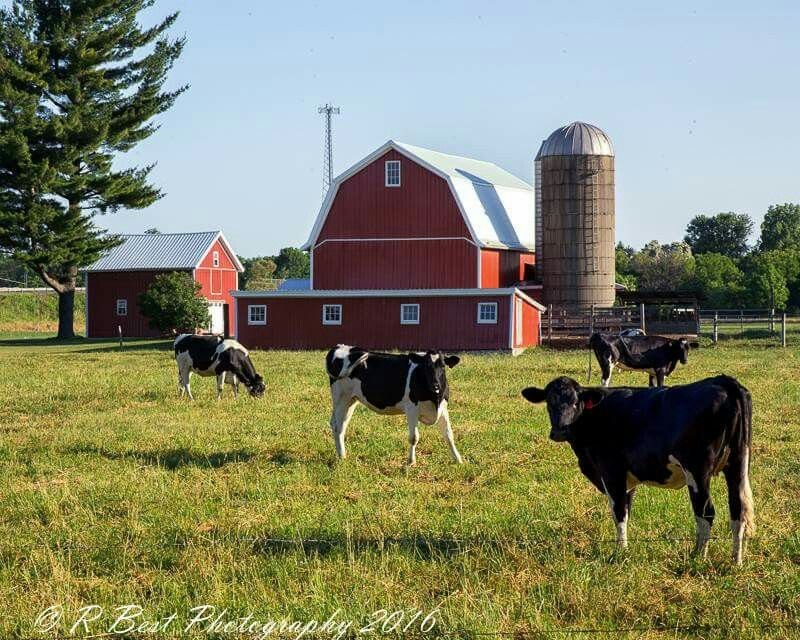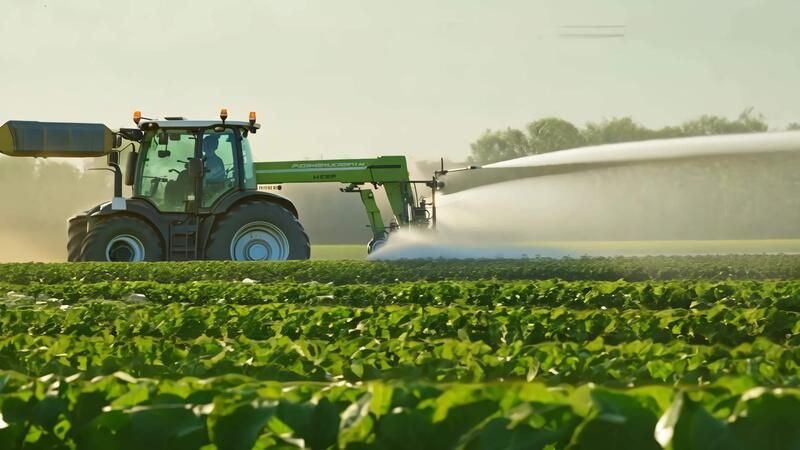The backbone of the United Kingdom’s agricultural industry depends heavily on reliable and efficient energy sources. Among the many fuels powering this sector, agricultural fuel oils stand out as indispensable for running farm machinery, heating rural buildings, and supporting everyday operations. As farmers navigate changing fuel regulations, environmental goals, and economic pressures, understanding the value of agricultural fuel oils and the available types of fuel is more important than ever.
This article examines the role of agricultural fuel oils in British farming, their advantages, environmental impact, and how they compare with other fuel types used in the contemporary agricultural landscape.
What Are Agricultural Fuel Oils and How Are They Used in Farming?

Agricultural fuel oils refer to liquid fuels specifically formulated for use in agricultural machinery, vehicles, and equipment. The most common types used in the UK include gas oil (red diesel), kerosene, and, increasingly, renewable alternatives such as HVO (Hydrotreated Vegetable Oil).
Farmers use these fuels to power tractors, combines, harvesters, generators, and even heating systems in farmhouses and storage facilities. Their efficiency and versatility make them essential for rural communities, especially in areas without access to the national gas grid.
The agricultural sector relies on these fuels not just for transportation or machinery but also for supporting essential processes such as drying crops, heating barns, and powering irrigation systems. Without agricultural fuel oils, the efficiency and productivity of British farms would face serious challenges.
Why Is Red Diesel So Commonly Used in UK Agriculture?
Red diesel, also known as gas oil, is the most widely used agricultural fuel oil in the UK. It is chemically similar to standard diesel but dyed red to distinguish it from road fuel. This distinction enables it to be taxed at a significantly lower rate, reflecting its use for off-road purposes, such as farming, construction, and power generation.
Farmers favour red diesel for its high energy efficiency and compatibility with agricultural machinery. It delivers reliable power, is easy to store, and can be used across various farm operations without modification to engines. Despite recent changes in fuel duty regulations, agriculture remains one of the few sectors legally permitted to use red diesel, recognising its importance to food production and rural livelihoods.
As the industry transitions toward cleaner energy solutions, red diesel remains a crucial transitional fuel, striking a balance between affordability, availability, and performance.
How Do Agricultural Fuel Oils Compare to Other Types of Fuel?

When evaluating energy options for farming, understanding different types of fuel helps farmers choose the most effective solution for their needs. Agricultural fuel oils, such as gas oil and kerosene, offer unmatched reliability, but renewable and alternative fuels are gaining traction.
Here’s how they compare:
- Gas Oil (Red Diesel): The standard agricultural fuel, offering high efficiency and wide compatibility with existing engines. However, it remains a fossil fuel and produces carbon emissions.
- Kerosene: Commonly used for heating in rural areas, kerosene burns cleanly and efficiently but is less suitable for powering heavy machinery.
- HVO Fuel: A renewable diesel alternative made from waste vegetable oils and animal fats. It produces up to 90% fewer carbon emissions and can be used as a direct replacement for diesel without engine modifications.
- Biodiesel: Biodiesel, which is made from vegetable or animal fats, is renewable but may need to be blended with other fuels and may have storage stability problems.
- LPG and Natural Gas: Clean-burning fuels often used for heating or smaller engines. However, they require specialized equipment and infrastructure.
Each of these types of fuel serves different agricultural purposes, with farmers increasingly opting for sustainable options, such as HVO, to reduce environmental impact while maintaining performance.
Are Agricultural Fuel Oils Environmentally Friendly?
Red diesel and other agricultural fuel oils have historically drawn criticism for their negative effects on the environment because of their carbon emissions and particulate matter release. However, the landscape is changing rapidly.
Suppliers across the UK are now offering cleaner, low-sulfur formulations and renewable alternatives, such as HVO fuel, which significantly reduce emissions. Farmers are also adopting more efficient engines and storage systems to minimize fuel consumption and leakage.
Moreover, the UK government and fuel industry are encouraging the use of greener alternatives by offering incentives and setting targets for carbon reduction in rural energy. This transition doesn’t mean abandoning traditional fuels overnight—it means moving toward hybrid energy systems that combine fossil and renewable sources to ensure reliability and sustainability.
In this way, agricultural fuel oils are evolving to support both productivity and environmental responsibility.
What Are the Economic Benefits of Using Agricultural Fuel Oils in the UK?

For most farmers, fuel costs represent a major operational expense. Agricultural fuel oils provide several economic advantages that make them indispensable:
- Cost-Effectiveness: Red diesel’s lower tax rate makes it significantly cheaper than road diesel, helping farmers manage their budgets more effectively.
- Efficiency: High energy density allows machinery to run longer with less fuel, thereby reducing the frequency of refueling.
- Availability: Agricultural fuel suppliers across the UK ensure quick and reliable deliveries, even in remote locations.
- Compatibility: Most farming equipment is designed to run on diesel-based fuels, making the transition seamless and cost-efficient.
These benefits make agricultural fuel oils a practical choice, even as farmers consider newer energy options for the future.
Is the Future of Agricultural Fuel Oils Sustainable?
As environmental regulations tighten, the future of agricultural fuel oils in the UK will increasingly revolve around sustainability. Farmers are expected to adopt cleaner fuels such as HVO and biofuels, which maintain the same performance standards while reducing emissions.
Suppliers are also investing in advanced refining technologies to produce low-carbon fuel oils that meet the standards of renewable energy. In the long term, hybrid solutions—combining renewable fuels, electric power, and improved engine technology—will help the agricultural sector achieve carbon neutrality.
The government’s commitment to achieving Net Zero by 2050 means that fuel producers, suppliers, and farmers will continue to collaborate on innovations that maintain efficiency while protecting the environment.
Why Are Reliable Agricultural Fuel Suppliers So Important?

The role of agricultural fuel suppliers in the UK cannot be overstated. These companies not only deliver essential energy but also provide advice on storage, fuel management, and environmental compliance. Many suppliers now offer blended and renewable options to help farmers transition smoothly to cleaner fuels.
Reliable suppliers ensure that farms never experience downtime due to fuel shortages—critical during peak seasons such as planting and harvest. They also help with regulatory compliance, ensuring the correct use of taxed fuels and safe storage practices.
By partnering with trusted suppliers, farmers can stay ahead of energy challenges while maintaining efficient and sustainable operations.
Conclusion: Why Do Agricultural Fuel Oils Remain Vital to UK Farming?
Agricultural fuel oils are the lifeblood of British farming—powering the machinery, vehicles, and heating systems that make food production possible. While the push toward greener energy continues, these fuels provide a reliable bridge between traditional farming practices and the sustainable future the UK is working toward.
Among the many types of fuel available, agricultural fuel oils stand out for their cost efficiency, versatility, and dependable performance. With the ongoing introduction of renewable options like HVO, the future looks bright for both productivity and environmental stewardship in UK agriculture.
As technology advances and cleaner fuels become more accessible, the agricultural sector can look forward to a future where efficiency, sustainability, and profitability are aligned—powered by the evolving world of agricultural fuel oils.
















Leave a Reply